‘Time was right’: British mum admits to ending terminally ill son’s life
Police are investigating after a mum admitted to ending the life of her terminally ill son to stop his suffering, saying “it was the right thing to do”.
Lifestyle
Don't miss out on the headlines from Lifestyle. Followed categories will be added to My News.
A mother who lost her seven-year-old to cancer and now faces her own terminal diagnosis has shared her support for assisted dying as she hopes to “cuddle (her son) again” without facing the “cruel” treatment he endured.
Antonya Cooper, the 77-year-old former chair of Neuroblastoma UK who lives in Abingdon, in Oxfordshire in England's south, said her son Hamish was five years old when he was diagnosed with stage 4 neuroblastoma – a rare cancer that affects mostly children.
At that time in 1979, Hamish’s prognosis was three months and he subsequently underwent 16 months of treatment at Great Ormond Street Hospital (GOSH), which “ruined parts of his body” but extended his life.
While it was heartbreaking to see the side effects of this “beastly treatment”, she said GOSH staff were “so embracing” and supportive.
By the summer of 1981, Antonya and her husband Alastair were “faintly hopeful of remission” – but by the autumn, the cancer had returned and Hamish died peacefully at home on December 1, 1981, aged seven, after she administered morphine sulfate to ease his pain.
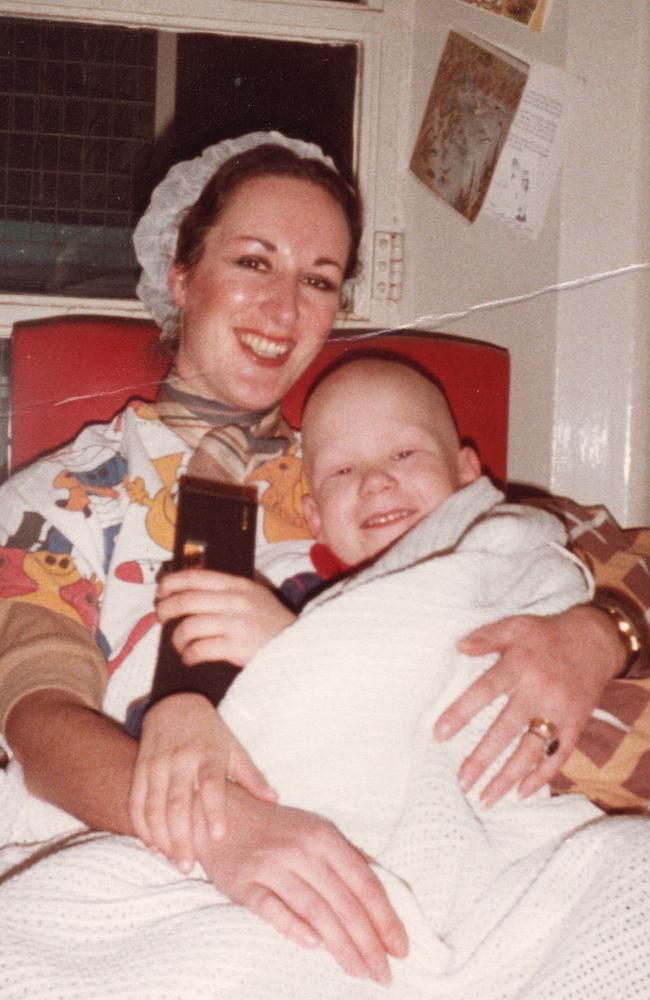
Antonya likened his death to an “amputation” and said she will “never get over it” – but assisting with the launch of and working with Neuroblastoma Society, now Neuroblastoma UK, helped her cope with the grief.
Now, more than four decades after Hamish’s death, Antonya has been diagnosed with incurable pancreatic cancer and is currently undergoing chemotherapy, which makes her feel “rotten”.
Although she does not know how long she has left to live, she is “realistic about the probability of dying” and said Hamish’s suffering and her own diagnosis have cemented her feelings about euthanasia – so she has joined assisted dying organisation Dignitas.
She wants to raise more awareness of neuroblastoma and is encouraging the UK Government to legalise assisted dying so human death is not “so intolerably inhumane”.
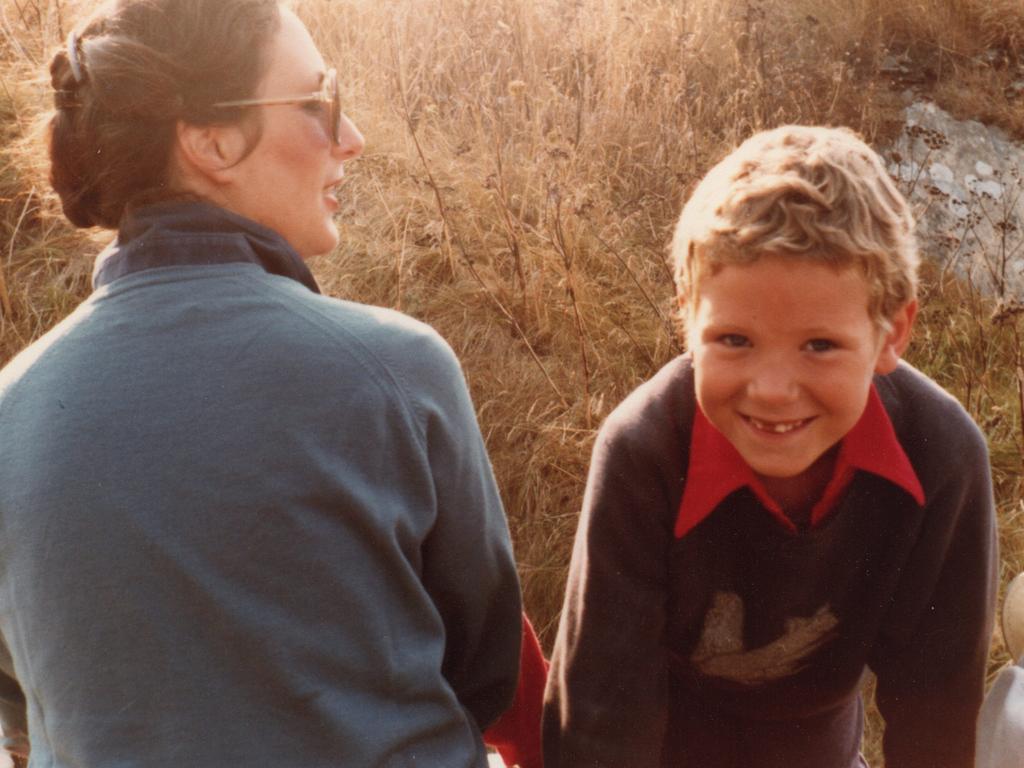
“On December 1 1981, in the middle of the night, we were by his bedside,” she told PA Real Life of her final moments with her son.
“He was expressing that he had pain and I said, ‘Would you like me to take the pain away?’
“He said, ‘Yes please, Mama’, and so I gave him a dose of morphine sulfate through his Hickman catheter.
“We had watched him brave through all that beastly treatment, we had had him for longer than the original prognosis, so the time was right.
“I am not a religious person, but there is a tiny voice inside me that believes it would be wonderful if I could cuddle Hamish again.”
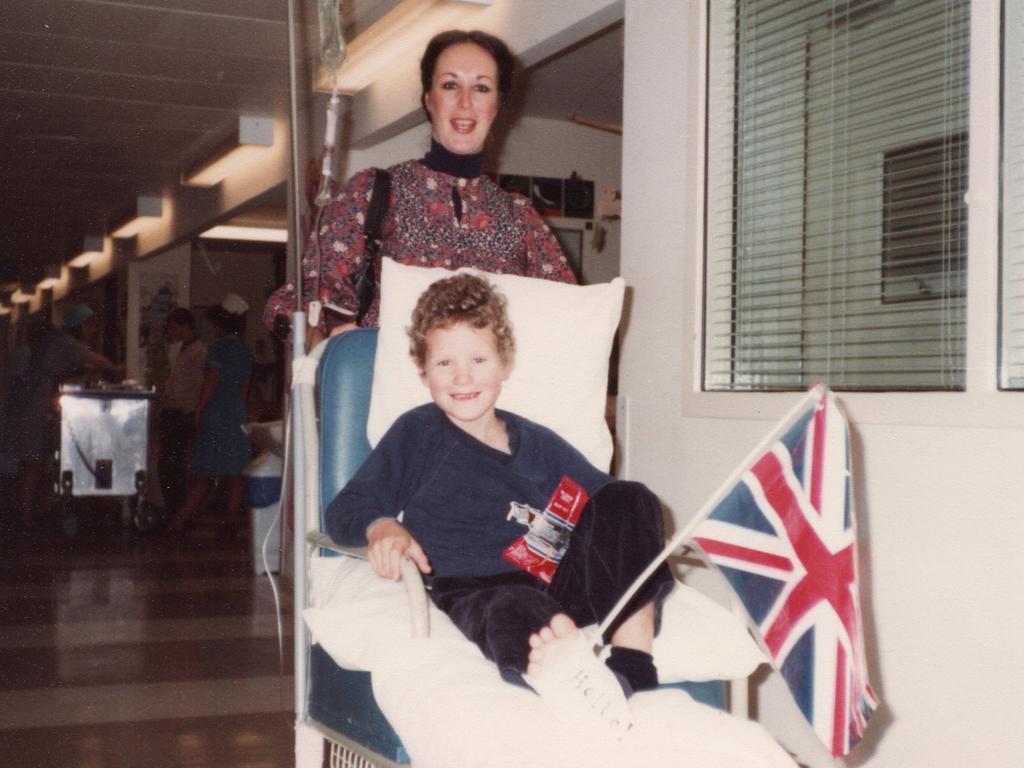
In 1979, after his fifth birthday, Hamish started crying in pain and losing weight – and with her mother’s instinct, Antonya knew he was “seriously ill”.
But it took 13 weeks of visits to seven different GPs before she decided to take Hamish to see a private pediatrician at the John Radcliffe Hospital – and even then, she was told there was “nothing wrong”.
Antonya “insisted” on further examinations, including blood tests and an X-ray – and it later transpired that Hamish had a grapefruit-sized tumour within his abdomen, namely stage 4 neuroblastoma.
“I actually shared a sense of relief because I felt at long last someone had recognised what I was trying to tell them all these weeks,” she said.
Hamish was then transferred to GOSH, where he underwent chemotherapy, a bone marrow autograft, radiotherapy, and surgery to remove the cancerous tissue, which had shrunk to the size of a tangerine.
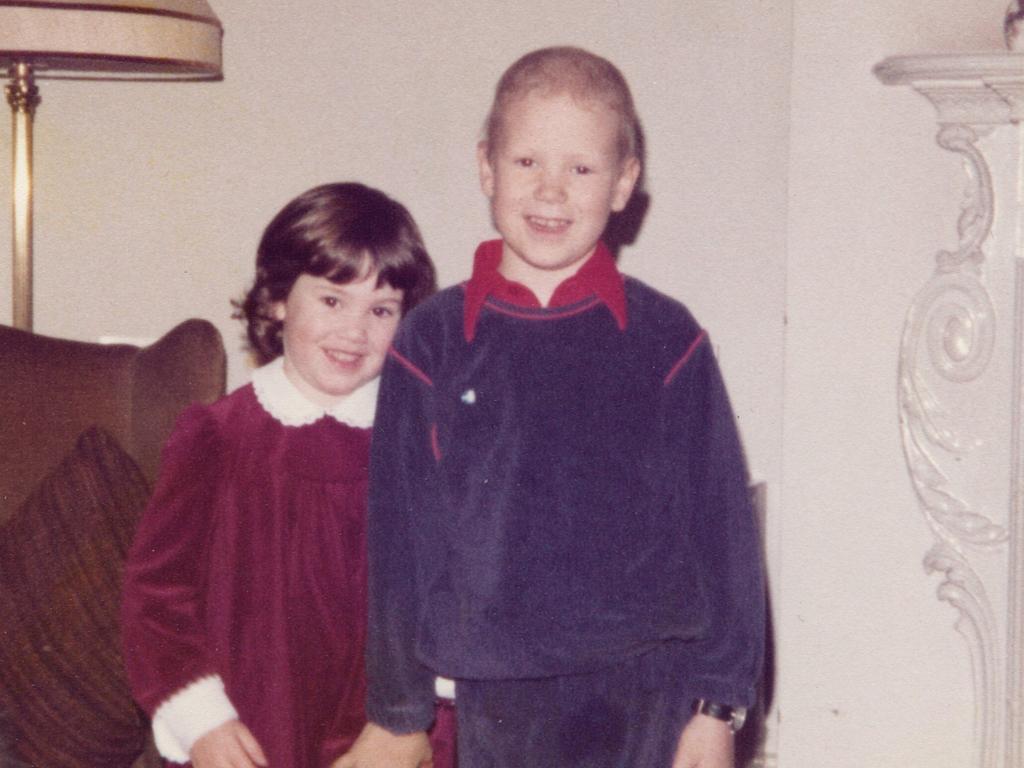
Despite having this “horrendous treatment you would barely put a dog through”, losing his hair, and becoming “very thin”, Antonya said Hamish was “still somehow laughing” and enjoying life.
“With the treatment, he did, in the end, gain 18 months, and in between periods of unbelievably horrible treatment, he did have some quality of life and he was a fun-loving little chap,” she explained.
During his time in hospital, Antonya said she would have honest conversations with Hamish and his sister Tabitha, who were “thick as thieves”, about the “probability of his not surviving”.
While Hamish did not ask about death directly, there came a point later on where, in answer to one of his questions, Antonya said to him: “Yes, Hamish, you probably will die.”
This was incredibly challenging, but after his treatments ended, he returned to school, his hair started to regrow, and in the summer of 1981, the family enjoyed holidays by the sea.
In the autumn, however, Hamish took a knock on one of his ankles and developed septic arthritis, which led to biopsies being taken – and these later revealed that his cancer had “returned with a vengeance”.
At this point, Antonya said they “knew that was the final journey” and, after receiving palliative care at home and being given morphine sulfate, Hamish died on December 1, 1981.
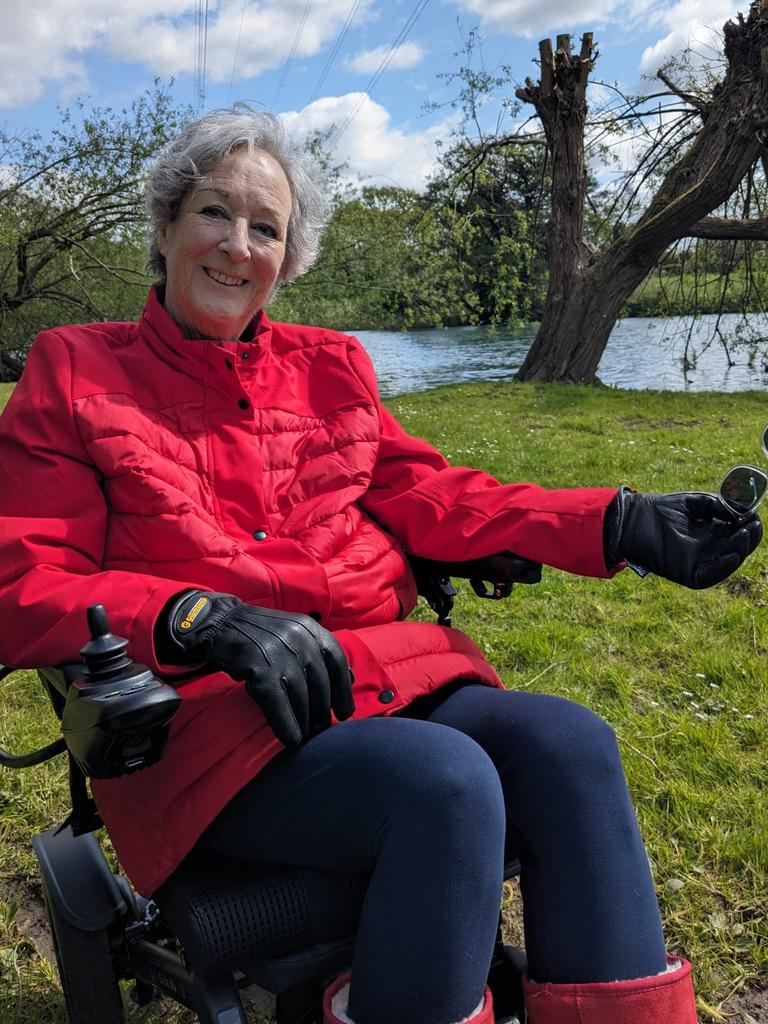
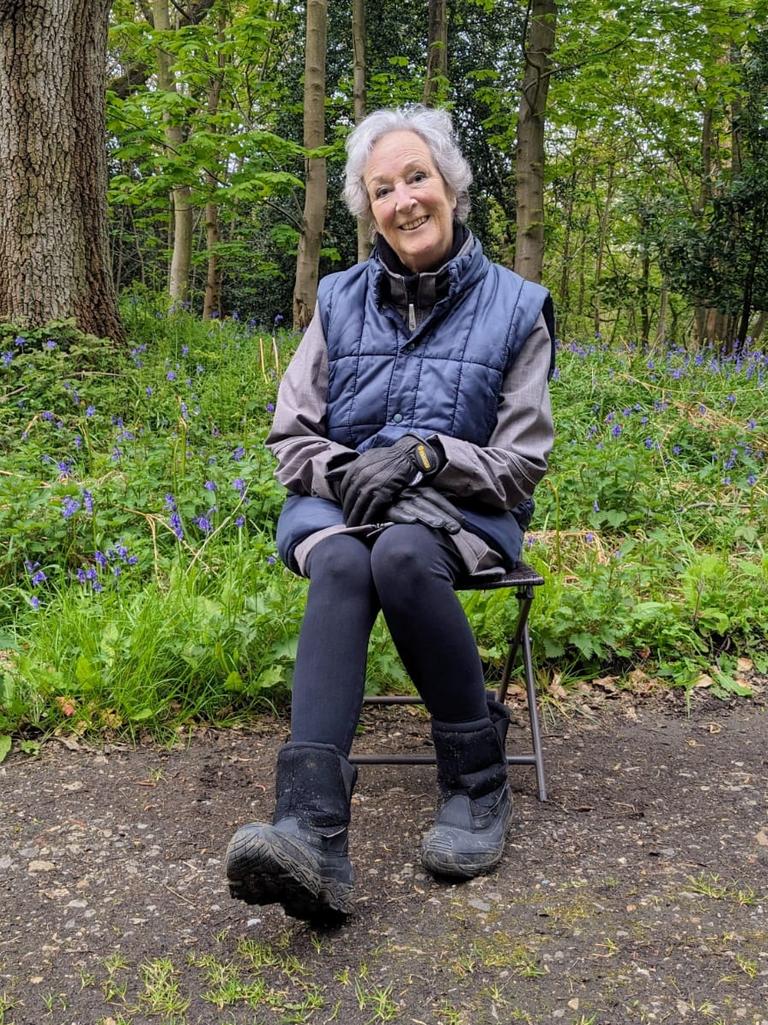
“The simplicity of it is that you suffer an amputation and it takes you time to learn to live with that amputation,” she said, describing the impact of his death.
“You never get over it because you’ve lost that limb, it’s gone forever, but you learn just to cope.”
In the years after Hamish’s death, Antonya had four more children and helped to launch what is now known as Neuroblastoma UK – a charity dedicated to finding a cure for the “aggressive” childhood cancer.
Through her work with the charity, she met “wonderful people” and researchers and she attended conferences worldwide in places such as Los Angeles and Stockholm.
Now, however, more than 40 years after Hamish’s death, Antonya has been diagnosed with breast cancer and more recently pancreatic cancer, which has spread to her liver, meaning it is incurable.
She said she is “not counting on a massive future” and has therefore organised her own funeral, selected the plot where she wants to be buried, and become a member of Dignitas.
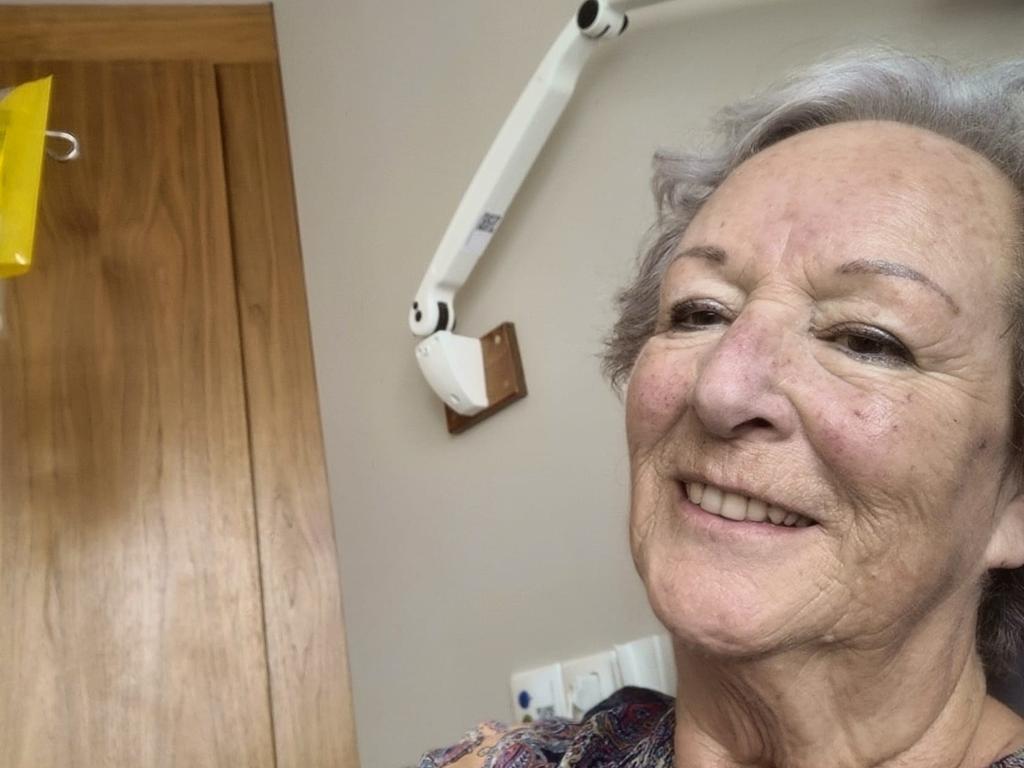
MPs began a lengthy debate on the issue of assisted dying at Westminster earlier this week, discussing whether they feel a change in the law is necessary – but there was no vote.
Assisted suicide is banned in England, Wales, and Northern Ireland, with a maximum prison sentence of 14 years.
“They simply are not listening,” Antonya said, in response to the debate.
“The whole point of assisted dying is to be able to seek a kind end for yourself if you know you’re going anyway and not to be wracked with pain and not to be testing the facilities of some local loving hospice.”
Along with raising awareness of neuroblastoma to help others, Antonya hopes her work with the charity will be another part of her “legacy” after she dies.
On the message she would like to share to others, Antonya added: “Be open and honest – not just with each other, but with your child.
“I’ve always found it deeply saddening if a parent says, ‘We didn’t tell Johnny this, that, and the other’, because they never ever got to have that meaningful conversation or two or three.
“I’m realistic about the probability of dying, I just don’t know when – well, not yet anyway.”
Police confirmed to The Sun they are investigating after Antonya’s admission. A spokesperson for the Thames Valley force said it was “aware of reports relating to an apparent case of assist dying of a seven-year-old boy in 1981”.
“At this early stage, the force is making inquiries into these reports and is not in a position to comment further while these investigations continue,” they said.
Originally published as ‘Time was right’: British mum admits to ending terminally ill son’s life








